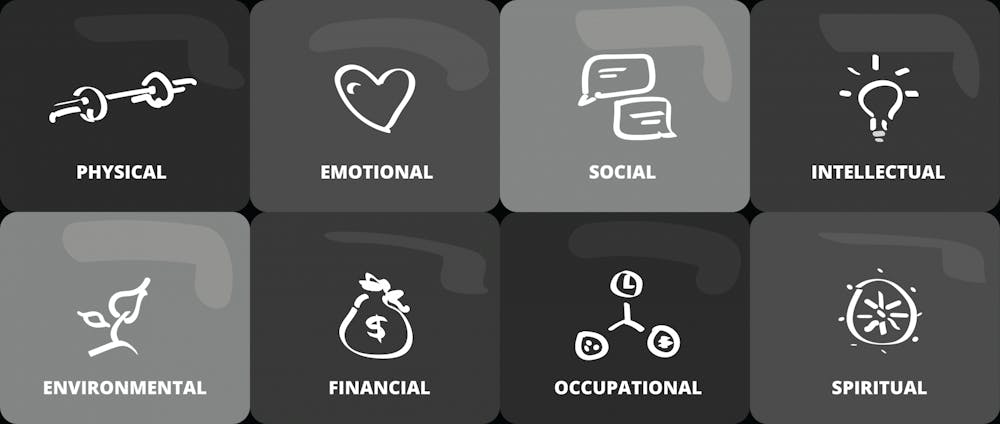
Penn is not “well.” From the shocking stories of student and faculty suicides, to the everyday complaints about stress and feeling overworked, the state of mental health on campus is clearly not where it should be.
The foremost culprit, at least through the personal experiences of myself and the students I know, is competition. Penn students are competitive to a fault, desiring to one-up each other with the hardest classes, the most board positions, or the most prestigious internships. And who’s to blame but ourselves?
A column two years ago located the problem within students’ attitudes, challenging us to “change the perception of competition collectively,” but this denies reality. The incentive structure within which Penn students operate is zero-sum: There are a finite number of As in most courses, and a finite number of internships at prestigious organizations. If we don’t give in to the rat race, our resumes will be left at the bottom of the stack.
Penn’s administration has made a number of important strides in promoting wellness on campus in recent years. Student groups such as Penn Reflect and Penn Benjamins have worked to promote openness between students. CAPS is working to make themselves more accessible through the “Let’s Talk” initiative, which places counselors at locations frequented by students around campus. As for other mental health resources: The new Wellness at Penn website has centralized them into one directory.
While all of these efforts are laudable, their impact is limited because the incentive structure remains in place. The majority of students will fail to take advantage of these opportunities because any time spent on reflection, meditation, or another wellness-related activity is time that could’ve been spent maximizing their GPA or applying to internships.
The problem with Penn's wellness programming is therefore not a lack of opportunities, but rather a lack of incentive.
In order to be impactful, wellness measures must be adapted to fit within students’ existing incentive structures, and that means integrating them within students’ existing commitments, such as classes and extracurriculars.
Consider the success of Academically Based Community Service classes, which integrate service directly into students’ curriculums rather than treating it as some additional, outside-of-class activity. While students may not have the incentive to engage in extracurricular community service, they always have to take classes, and taking an ABCS course in place of a standard course costs them nothing.
For this reason, wellness and mindfulness should be integrated into the curriculum in a manner paralleling that of ABCS courses. There are already mindfulness-related courses around campus such as Angela Duckworth’s “Grit Lab,” and James Pawelski’s positive psychology course on “The Pursuit of Happiness.”
If more of these courses were created, centralized, and (in some cases) adapted to fulfill College requirements, students would be able to engage in wellness and mindfulness without sacrificing their commitments. Maybe then could wellness become a mainstream focus on campus.
JACKSON MAXWELL is a junior in the College from San Clemente, CA majoring in Philosophy and Sociology. His email address is jkm224@sas.upenn.edu.
The Daily Pennsylvanian is an independent, student-run newspaper. Please consider making a donation to support the coverage that shapes the University. Your generosity ensures a future of strong journalism at Penn.
Donate






